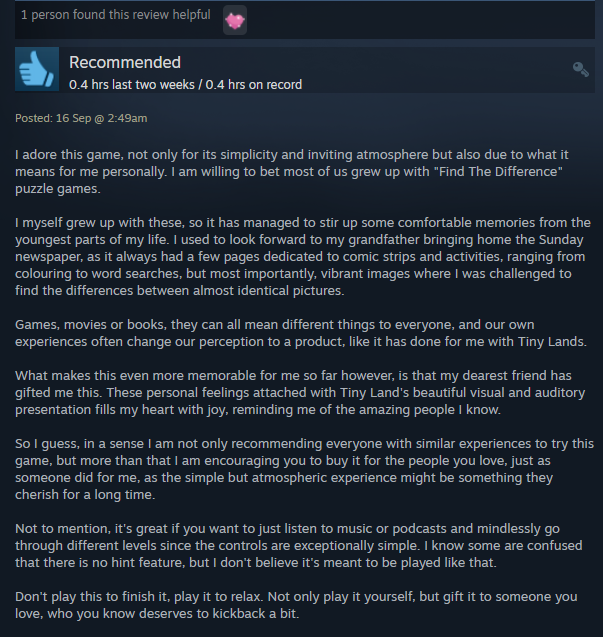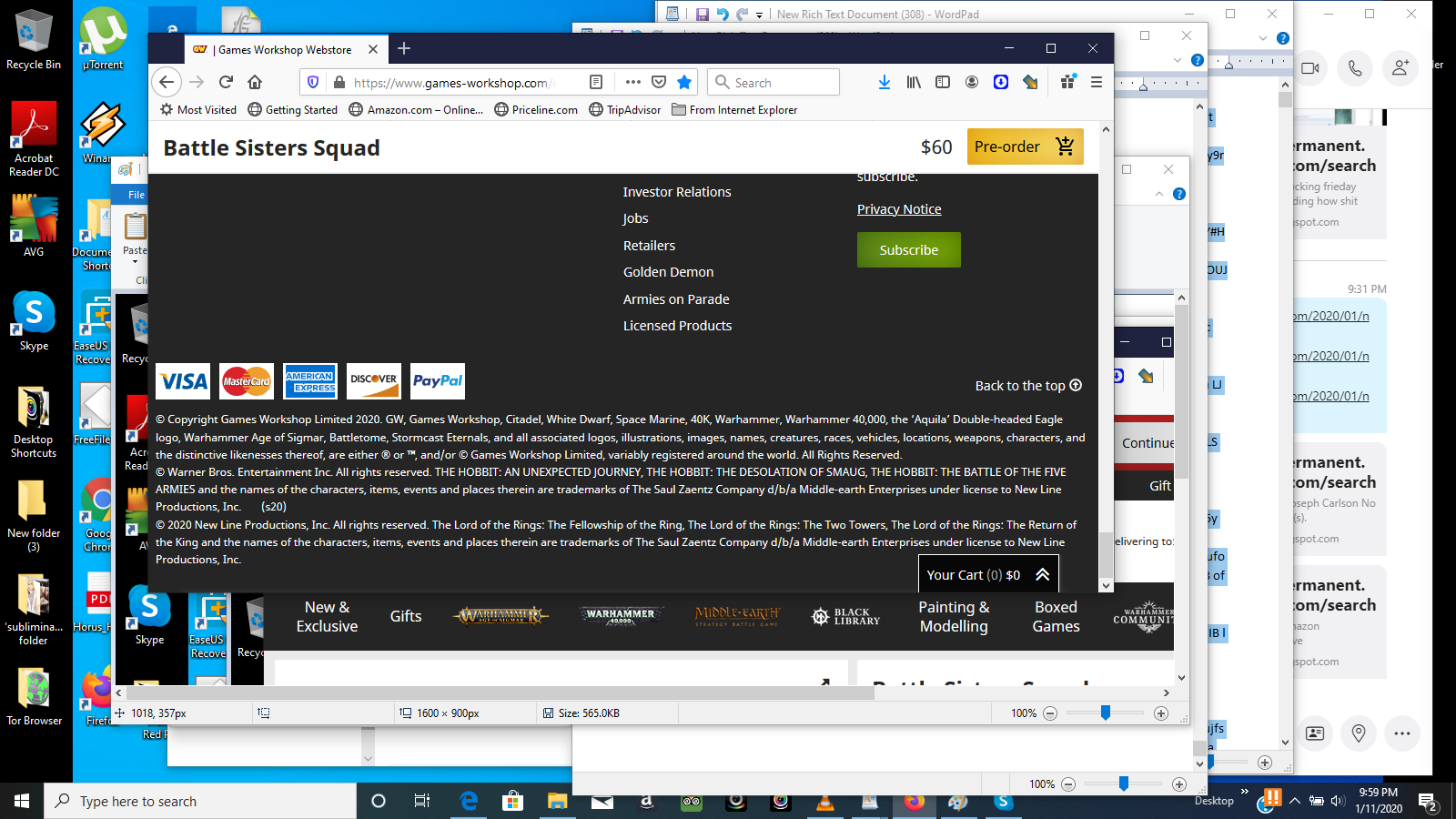


By substituting technology for workers, U.S. In both the first Industrial Revolution and today’s, the first effects were in manufacturing in the developed world.

Had we looked at the broader impact of globalization and automation on the economy, we might have seen the much bigger changes that even then were taking hold. And it was focused narrowly on the information technology industry. Our report conceded, however, that “trade gains may be distributed differentially,” meaning some individuals and regions would gain and others would lose. The last decade has vindicated that conclusion. Its study group, which I co-chaired, reported in 2006 that there was no real reason to believe that computer industry jobs were migrating away from developed countries. The Association for Computing Machinery worried what these factors might mean for computer education and employment in the future.
#I can no longer see other peoples recent activity steam software
At the same time, the global spread of the internet enabled offshore outsourcing of software production, leading to fears of information technology jobs disappearing en masse. In March 2000, the NASDAQ Composite Index peaked and then crashed, wiping out US$8 trillion in market valuations over the next two years. It is easy to underestimate in advance the impact of globalization and automation – I have done it myself. We may be at a similar tipping point now, referred to by some as the “ Fourth Industrial Revolution,” where all that has happened in the past may appear minor compared to the productivity and profitability potential of the future. The growth that happened in just a couple hundred years was on a vastly different scale than anything that had happened before. For many thousands of years before it, economic growth was practically negligible, generally tracking with population growth: Farmers grew a bit more food and blacksmiths made a few more tools, but people from the early agrarian societies of Mesopotamia, Egypt, China and India would have recognized the world of 17th-century Europe.īut when steam power and industrial machinery came along in the 18th century, economic activity took off. The Industrial Revolution wasĪ tipping point. To learn from the Industrial Revolution, we must put it in the proper historical context. Library of Congress Reaching a tipping point

Upheaval more than a century into the Industrial Revolution, and more than 100 years ago: An International Workers of the World union demonstration in New York City in 1914. The stabilizing influence of the modern social welfare state emerged only after World War II, nearly 200 years on from the 18th-century beginnings of the Industrial Revolution. They are definitely right about the long period of painful adjustment! The aftermath of the Industrial Revolution involved two major Communist revolutions, whose death toll approaches 100 million. By and large, that prediction has proven to be correct.” Neoclassical economists predicted that this would not happen, because people would find other jobs, albeit possibly after a long period of painful adjustment. “Since the dawn of the industrial age, a recurrent fear has been that technological change will spawn mass unemployment. These economists say that when technology destroys jobs, people find other jobs. They point to how past major transformations in work tasks and labor markets – specifically the Industrial Revolution during the 18th and 19th centuries – did not lead to major social upheaval or widespread suffering. Many economists say there is no need to worry. If millions of human workers no longer have jobs, the worriers ask, what will people do, how will they provide for themselves and their families, and what changes might occur (or be needed) in order for society to adjust? As automation and artificial intelligence technologies improve, many people worry about the future of work.


 0 kommentar(er)
0 kommentar(er)
